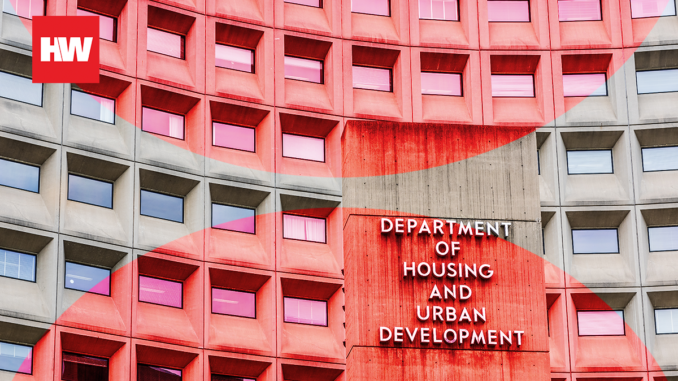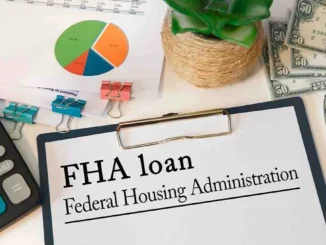
The Mortgage Bankers Association (MBA) and the National Mortgage Servicing Association (NMSA) are expressing their views on a recently revised Federal Housing Administration (FHA) loss mitigation proposal, stating that it needs additional adjustments to effectively address the challenges it is designed to tackle.
The proposed policy
FHA in May submitted — and in November, updated — a draft Mortgagee Letter (ML) to the Single Family Drafting Table, an online portal for stakeholders to review proposed policies. The proposed ML would establish a new loss mitigation option for mortgage borrowers called the “payment supplement.”
It would establish “a new home retention option to help struggling homeowners meet their mortgage obligations,” according to the May 2023 announcement from FHA. “The new option, called the Payment Supplement Partial Claim, would allow mortgage servicers to use the FHA Partial Claim both to bring a borrower’s mortgage current and to provide temporary reductions to their monthly mortgage payments for up to five years.”
Industry response
Members of the MBA and NMSA submitted a letter to FHA Commissioner Julia Gordon on the matter this week, largely supporting it but making a series of key recommendations designed to address industry concerns.
“The resources required to implement and maintain the Payment Supplement, including a servicer’s ongoing obligation to borrowers and [the U.S. Department of Housing and Urban Development (HUD)] throughout the Payment Supplement Period, require additional amendments to the Draft ML,” the letter explained.
“We are very encouraged by FHA’s thoughtful process to date and request certain changes to allow for the successful implementation of Payment Supplement by reducing [its proposal’s] operational, compliance, liquidity, and reputational risks,” the letter added.
The payment supplement policy “[combines] a standalone Partial Claim to bring the mortgage current with a new monthly principal reduction (MoPR), which will temporarily provide a monthly payment towards the principal portion of a borrower’s monthly mortgage payment, without requiring the mortgage to be modified,” the letter said.
The payment supplement would also “provide a temporary payment reduction for three years, after which the Borrower will be responsible for resuming payment of the full monthly [principal and interest] amount.”
Recommendations
The MBA and NMSA letter makes four key recommendations: to increase the proposed incentive payment from $1,000 to $3,500; to provide the model note and payment supplement agreement while “remov[ing] enforceability;” to end the payment supplement if a borrower re-defaults during the supplement period; and to provide 9-12 months for successful implementation of the policy.
“Sustainable loss mitigation policy is necessary to preserve affordable homeownership,” the letter said. “FHA guidance must continue to reduce the program’s complexity as the draft ML touches on all aspects of a servicer’s operations and loan lifecycle.”
Servicer engagement with borrowers is “heavily impacted through multiple required communication touchpoints,” and the supplement as currently proposed “remains administratively burdensome and costly to temporarily implement and maintain as a solution under the COVID-19 Recovery Loss Mitigation waterfall,” the letter explained.
Addressing the identified gaps will improve the borrower experience, the letter said, as well as “reduce the risk of inadvertent noncompliance for servicers and establish a permanent program.”



